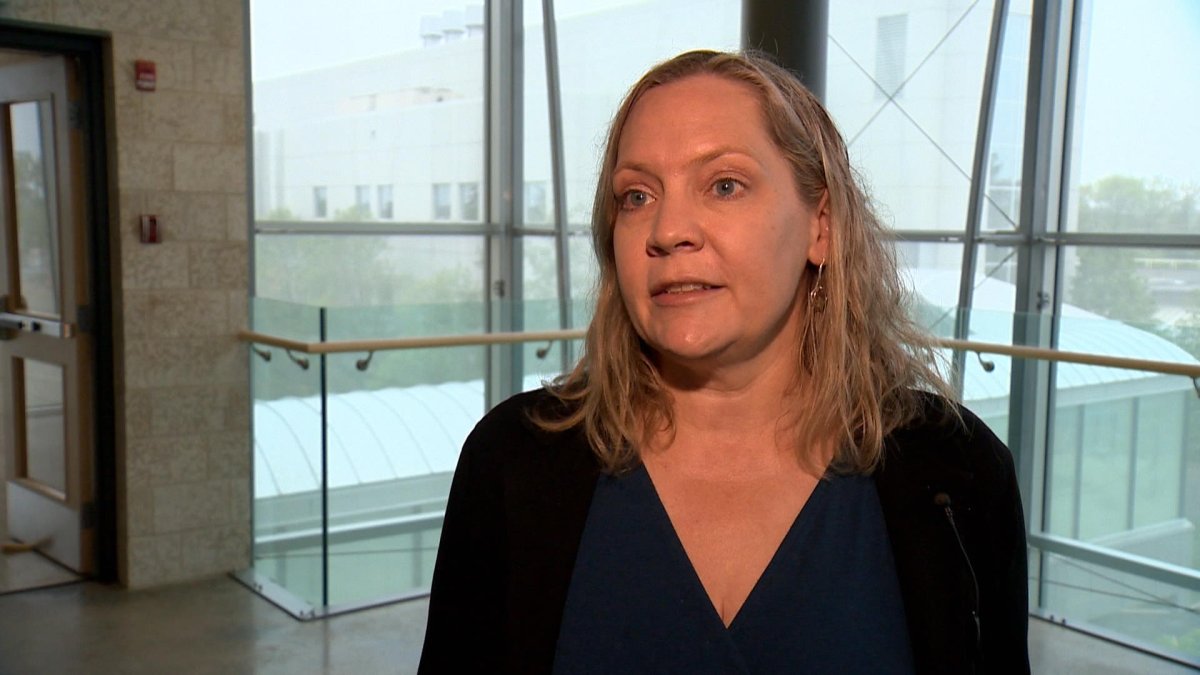Funding of $1 million to help prepare against mpox was given to the University of Saskatchewan’s Vaccine and Infectious Disease Organization after the virus re-emerged back in 2022.

The funding comes from the Canadian Institute of Health Research, which VIDO CEO Dr. Volker Gerdts said will help prevent future outbreaks.
“Strengthening capacity and expertise is critical to respond to emerging and re-emerging infectious diseases—like mpox—and further defines VIDO’s role as Canada’s Centre for Pandemic Research,” Gerdts said.

VIDO noted that previous outbreaks of the virus were due to spillover from areas of the world where there’s a constant presence of mpox, but said that research into the roles of animal reservoirs in human outbreaks have been neglected, and that the mechanisms of transmission aren’t well understood.
Dr. Alyson Kelvin and Dr. Angela Rasmussen are part of this project, with Kelvin working to understand that transmission.
“By determining what wild animals can harbour the virus and then how these animals interact with people, we will be able to prevent new infections in Canadian and North American wildlife, as well as the international spread of this virus causing public health emergencies of international concern,” Kelvin said.
The project will follow people who have been infected with the disease, as well as animals to establish the chains of transmission.
Studies will also be underway to determine the potential of the virus infecting Canadian wildlife.
Collaborations in the project include the universities of Manitoba, Arkansas, California and the International Monkeypox Response Consortium.

It was noted that host response and how it relates to mpox progression is unknown, and that’s where Rasmussen’s team will come in.
“A major goal of our project’s work is to improve clinical outcomes for 2SLGBTQIA+ communities disproportionately affected by the 2022 epidemic, as well as make a scientific case for broader access to therapeutics around the world,” stated Rasmussen.
“This research will provide insight into the role of the host response in determining mpox disease severity and help optimize the use of antivirals to treat mpox and provide the greatest benefit to patients.”
Antiviral drugs and therapies will be tested to try and improve their effects.
Rasmussen said they saw some people infected with the virus back in 2022 getting very sick, while others would be almost asymptomatic, noting they wanted to better understand that disease progression.
She said mpox can be very painful for those who get it, so she said it was important to know how to effectively treat it.
Rasmussen said cases have gone down in places like Canada and the U.S., but it’s still a problem in places like Mexico and France.





Comments